

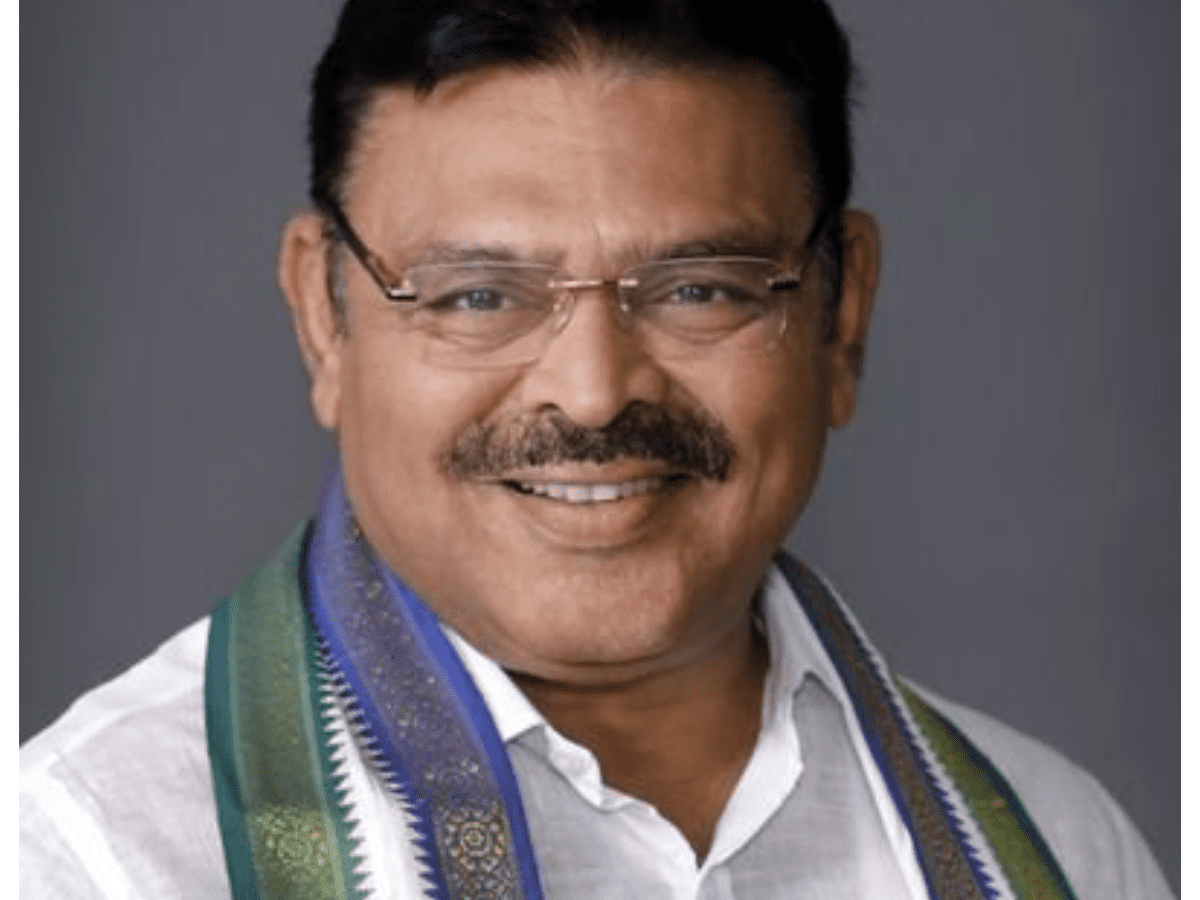
Andhra Pradesh Chief Minister N Chandrababu Naidu has accused the YSRCP government of neglecting and hindering the progress of the Polvaram project, which aims to bring irrigation and drinking water to the state. During his regime, Naidu claims to have completed 72% of the project, but under the current YSRCP government, only 4% of work has been done. He blames this delay for causing immense damage and pushing the project into a deep mess, causing more harm than the damages caused by the state's bifurcation.
Amaravati: A Contested Capital City in Andhra Pradesh
Amaravati, a planned city in Andhra Pradesh, has been the subject of political controversy since its inception. The city was proposed as the new state capital after Andhra Pradesh was bifurcated into Andhra Pradesh and Telangana in 2014.
The Naidu Era: Vision and Construction
During his tenure as Chief Minister, N Chandrababu Naidu envisioned Amaravati as a world-class city to rival Hyderabad. He initiated the development of the capital, with massive infrastructure projects such as the construction of government buildings, bridges, and roads. According to Naidu, the project was 72% complete at the time of his exit in 2019.
The Jagan Reddy Regime: Change in Plans
However, upon taking office, the YSR Congress Party (YSRCP) government led by Y.S. Jagan Mohan Reddy pivoted from Naidu's vision. The new government alleged irregularities in the land acquisition and construction process of Amaravati and proposed a decentralized capital model with three state capitals. This has led to a standstill in the development of Amaravati.
Allegations of Neglect and Hindrance
Naidu has accused the YSRCP government of neglecting and hindering the progress of the Polvaram project, a major irrigation and water supply project for the state. He claims that only 4% of the project has been completed under the current government, blaming this delay for causing immense damage.
Political Impasse and Implications
The political impasse over Amaravati has created uncertainty for investors and residents alike. The lack of progress has raised concerns about the future of the planned city and its potential economic impact. The controversy has also had a polarizing effect on the state's politics.
Top 5 FAQs Related to Amaravati Controversy
1. Why was Amaravati chosen as the capital city?
Amaravati was chosen as the new capital of Andhra Pradesh after the state was bifurcated into Andhra Pradesh and Telangana in 2014.
2. What is the current status of Amaravati development?
The development of Amaravati has been halted due to the political impasse between the TDP and YSRCP governments. The YSRCP government has proposed a decentralized capital model with three state capitals.
3. What are the allegations against the YSRCP government regarding Amaravati?
The TDP government has accused the YSRCP government of neglecting and hindering the progress of the Polvaram project, a major irrigation and water supply project for the state.
4. What are the potential consequences of the Amaravati controversy?
The political impasse over Amaravati has created uncertainty for investors and residents alike. The lack of progress has raised concerns about the future of the planned city and its potential economic impact.
5. What is the likely resolution to the Amaravati controversy?
The resolution to the Amaravati controversy remains uncertain. The political impasse between the TDP and YSRCP governments needs to be resolved for any progress to be made on the capital city project.

Members of the Kashmiri Pandit Association and the Jammu and Kashmir Dogra Samaj gathered in Mumbai to honor and mourn the Hindu civilians brutally killed in Pahalgam, Kashmir. The community representatives stated that the victims were targeted solely for their religious identity, reigniting concerns about minority safety in the conflict-prone region. The attendees stood in silence, holding placards and candles, to remember the victims and to demand justice and protection for vulnerable communities. The organizers emphasized the need for national unity and called upon authorities to take swift action against such attacks. They also stressed the importance of civil society standing up against communal violence through peaceful but firm action.
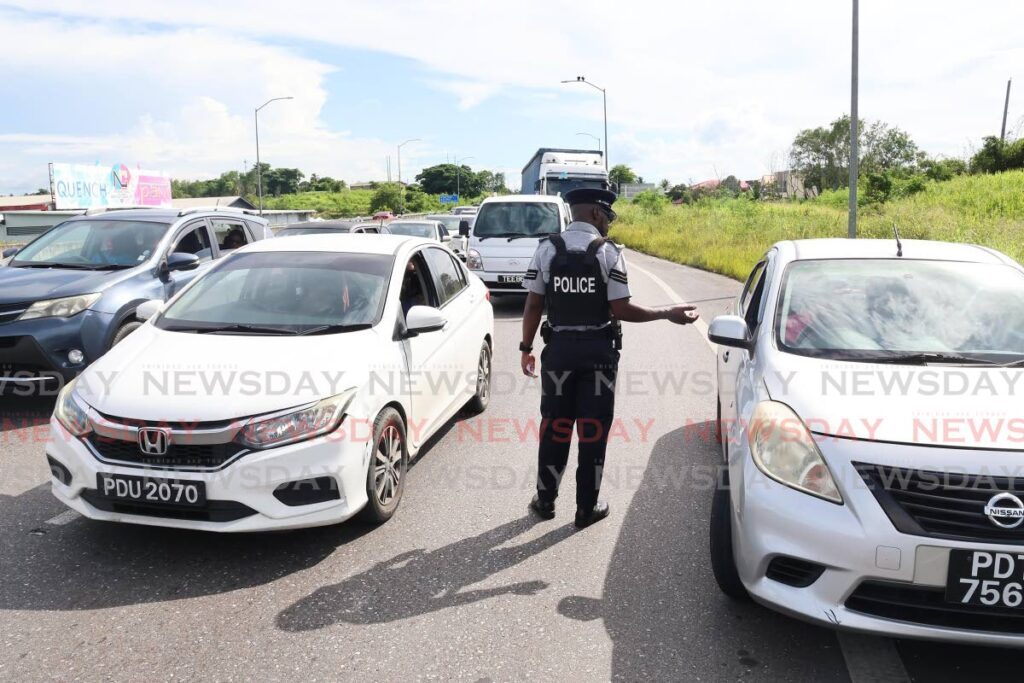
The Indian government has announced the implementation of a demerit point system for traffic violations, in an effort to reduce road accidents. Under this new system, drivers will receive demerit points for infractions such as speeding and running red lights, with accumulation of too many points potentially leading to suspension or cancellation of their driving licence. This initiative is part of a larger plan to improve road safety measures in India, which have come under scrutiny due to the high number of traffic-related deaths.
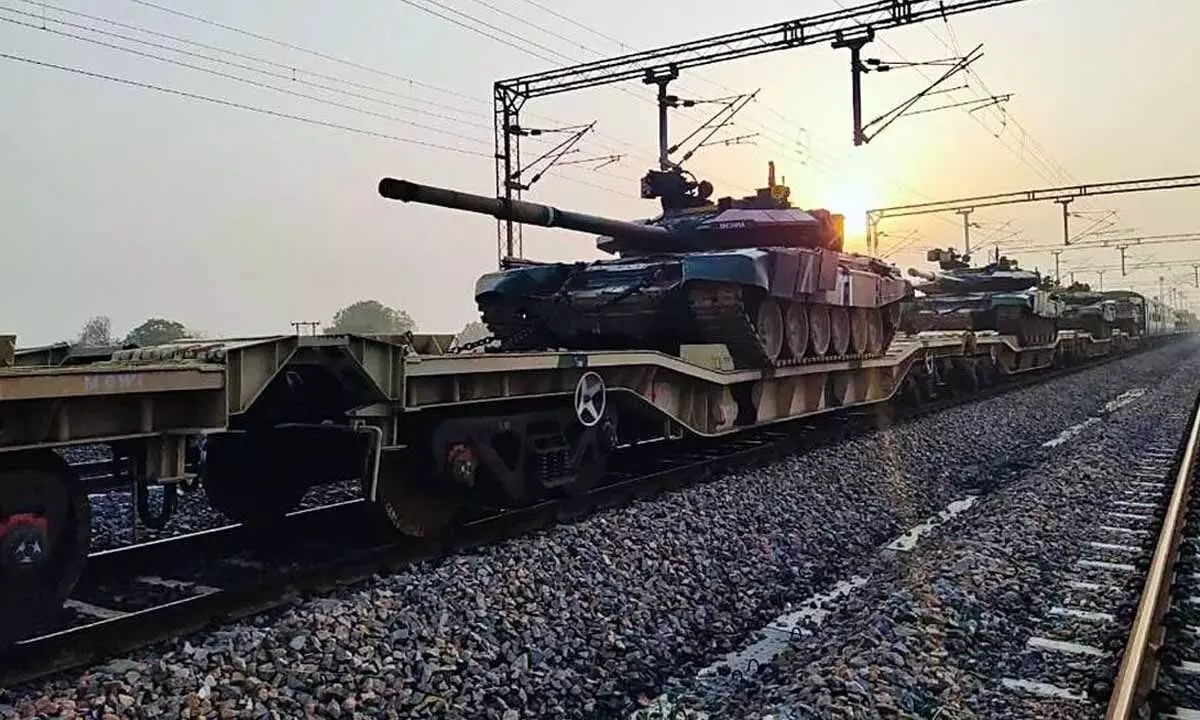
In the midst of escalating tensions between India and Pakistan, the Indian Railway Ministry has issued an advisory to its employees, cautioning them against sharing confidential information about military train movements with unauthorized persons. This comes as a response to possible attempts by Pakistani intelligence agencies to seek information about such movements. The advisory highlights the gravity of the situation and urges railway officials to be vigilant and not disclose any information to unauthorised individuals.
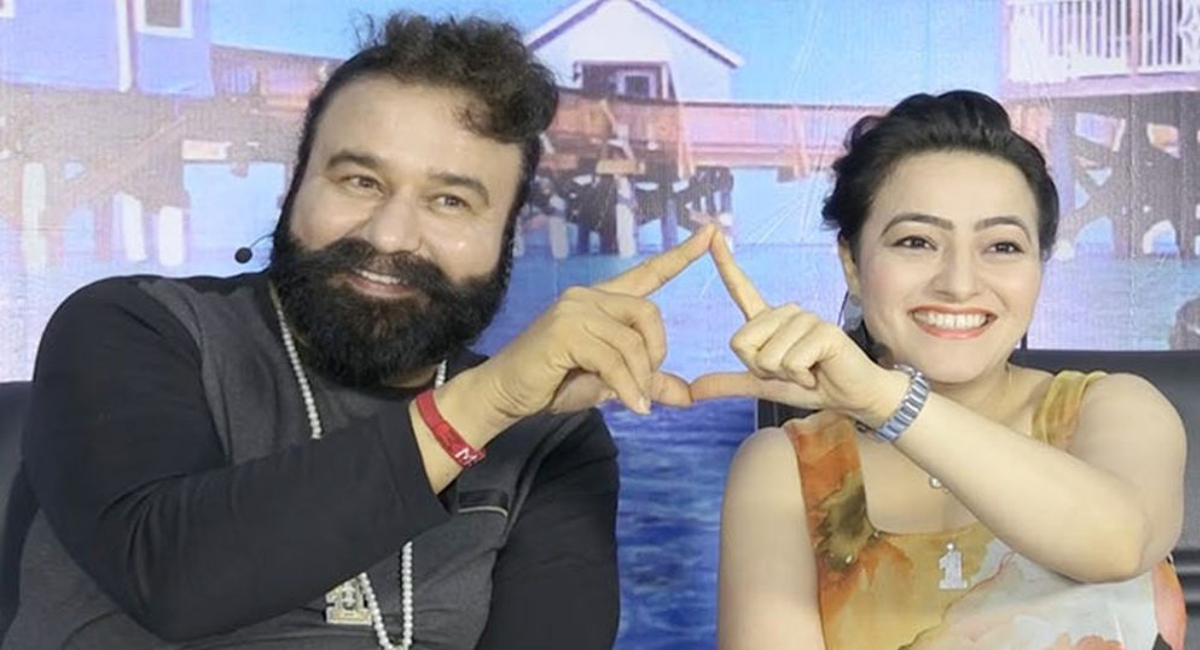
In the aftermath of the conviction of Dera Sacha Sauda chief Gurmeet Ram Rahim, a series of events have unfolded. Punjab's Chief Minister condemned Haryana's CM for blaming Punjab, Indian Film and Television Directors' Association canceled the Dera Chief's membership, and Twitter has frozen his official account. Additionally, his son has been appointed as the executive manager, leading to more speculation about the Dera Sacha Sauda's influence and power. The riots that have occurred in northern India since the conviction only further highlight the chaos surrounding this controversial figure. With the Dera Chief's influence on politics and the masses, it is clear that his actions have long-term consequences.
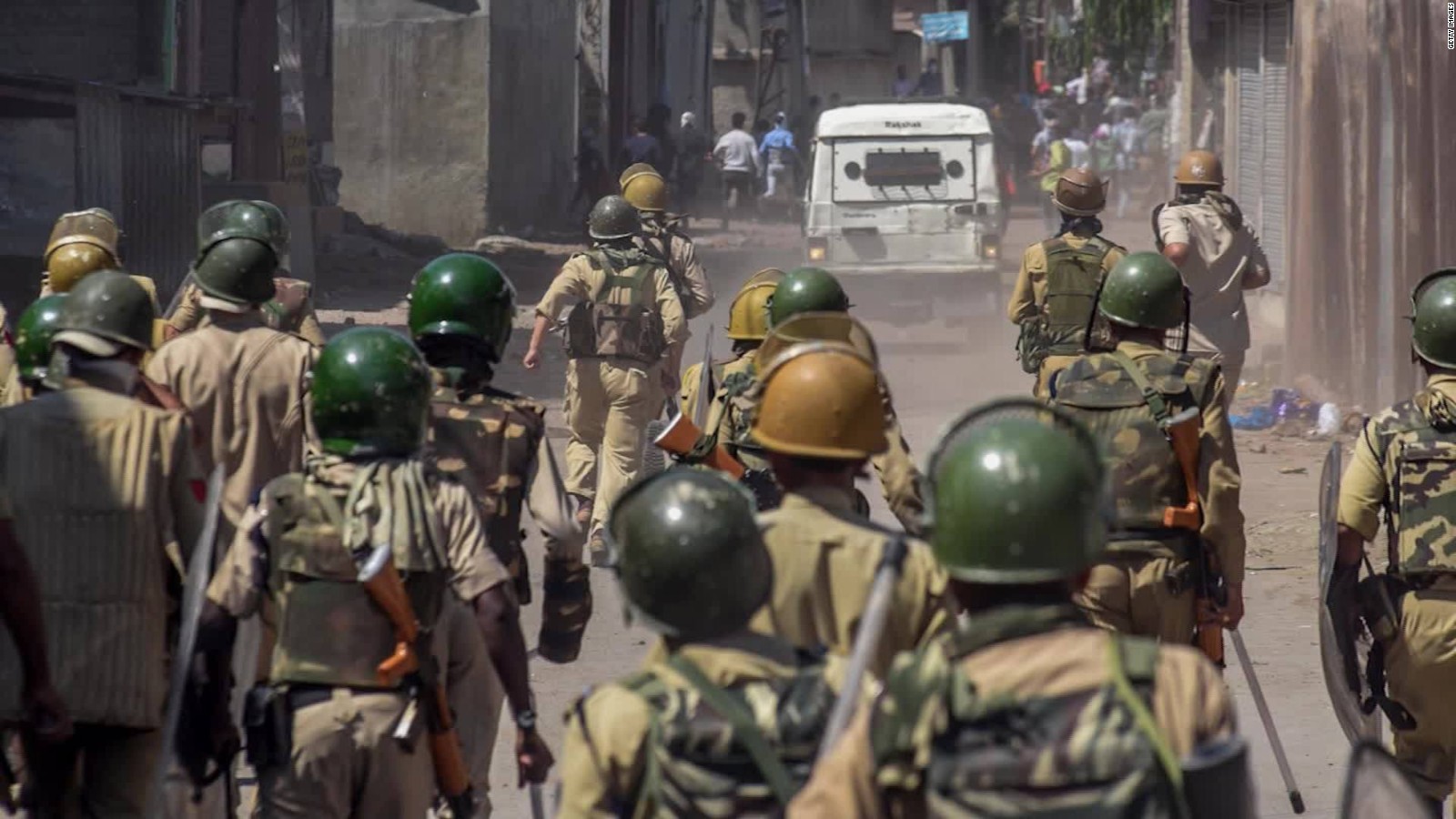
In a closed-door consultation, the UN Security Council discussed the recent terror attack in Jammu and Kashmir and called for de-escalation between India and Pakistan. The meeting, called by Greece, did not result in a statement, but Pakistan claimed its objectives were "largely served". The UNSC President described it as a "productive and helpful" meeting, while Pakistan's Permanent Representative stated that their objectives of having a discussion on the situation and the need for dialogue were achieved.
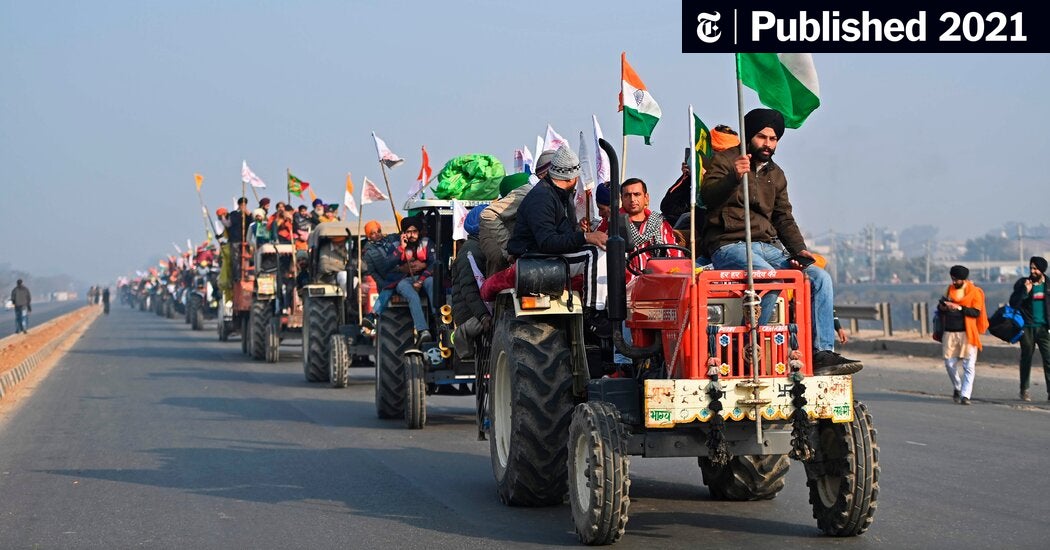
The ongoing farmers' movement in India is facing further obstacles as senior leaders, including Jagjit Singh Dallewal, have been placed under house arrest a day before a scheduled protest. This move by Indian authorities has been met with criticism from farmer organizations, who were planning a peaceful protest outside a police station. The arrests are being seen as a preemptive measure by the authorities, who fear a large-scale gathering against the government's alleged use of repressive methods. In the midst of this, Congress leader Mallikarjun Kharge is set to address a rally as part of the party's 'Save the Constitution' campaign in Jharkhand.
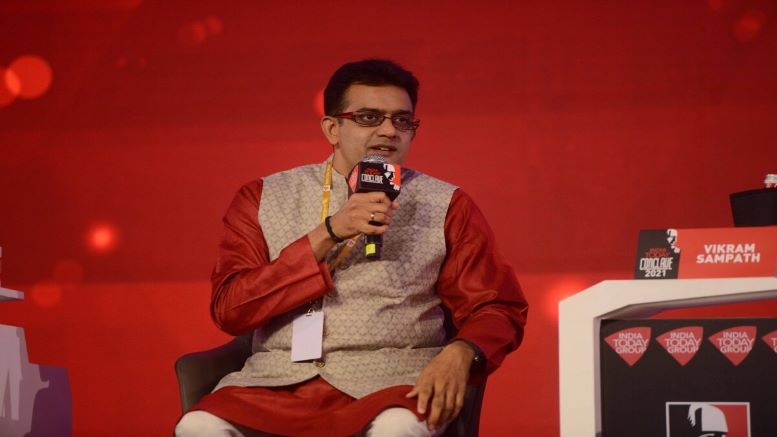
Speaking at the india@2047 summit, renowned historian Vikram Sampath challenged long-held historical narratives in India and called for a reevaluation of the nation's past. He highlighted the impact of colonialism on shaping India's historical consciousness, and the failure of successive regimes to correct this narrative. Sampath emphasized the importance of reclaiming India's civilizational ethos and fostering a culture of scholarly debate, driven by evidence rather than ideology. He also acknowledged the role of youth in driving independent research efforts that challenge established narratives.

The Enforcement Directorate has charged Congress leaders Sonia and Rahul Gandhi in the National Herald case, which was based on a complaint filed by BJP MP Subramanian Swamy in 2012. The complaint alleges that the Gandhis, along with other Congress leaders, conspired to transfer assets worth hundreds of crores to a company called Young Indian. The Congress has called the charges a political vendetta by the government. This development has further escalated the ongoing political rivalry between the two parties.
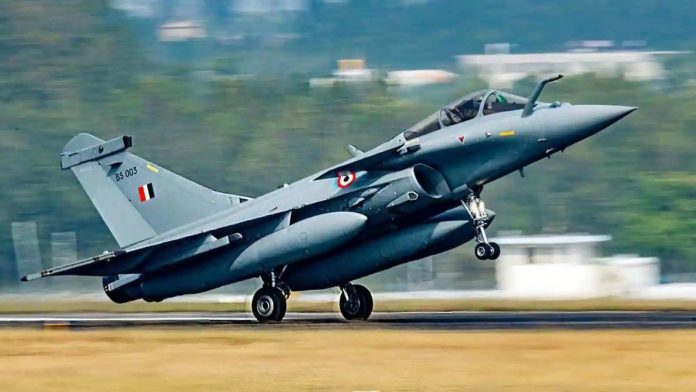
In a press conference, BJP spokesperson Sudhanshu Trivedi accused the Congress and its allies of continuously targeting the Indian Army through their statements, comparing them to Pakistan's anti-India activities. He also criticized UP Congress chief Ajay Rai for displaying a toy plane with lemons and chillies to represent Rafale jets parked with "nimbu-mirchi" (for warding off evil eye). Trivedi called on the government to take action against Pakistan following the Pahalgam terror attack and questioned the INDIA bloc's statement of being united with the government but having leaders making anti-India statements.
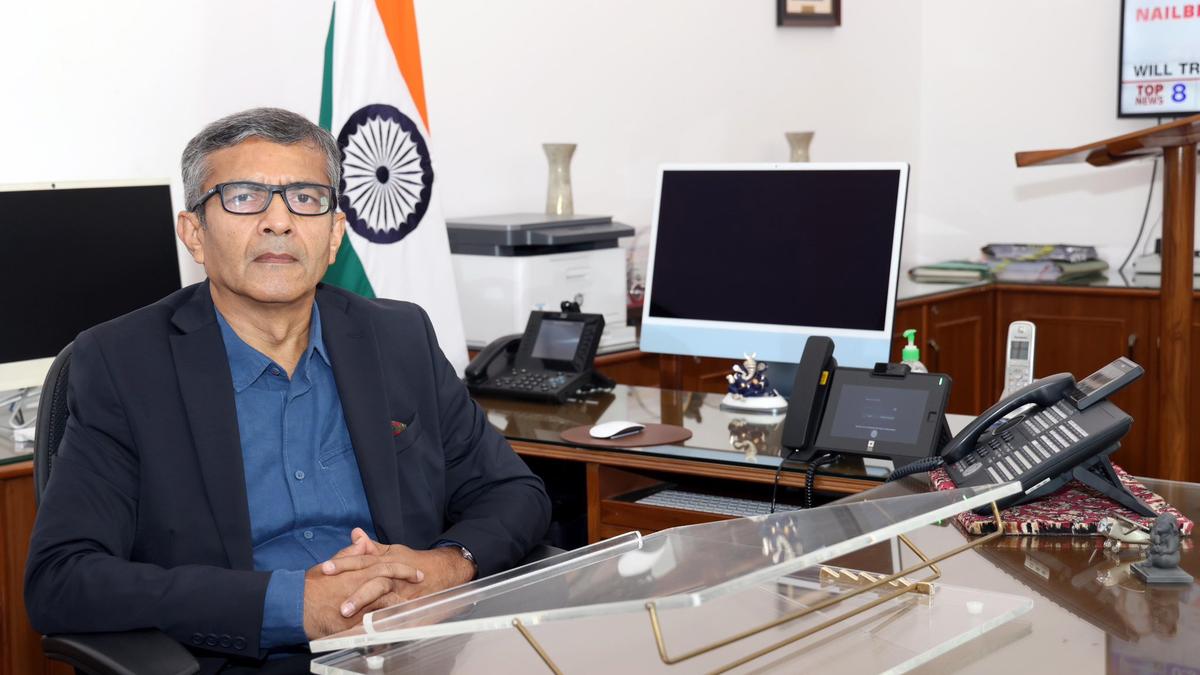
Following the deadly terrorist attack in Pahalgam, Jammu and Kashmir, Defence Secretary Rajesh Kumar Singh met with Prime Minister Narendra Modi to discuss the ongoing situation and response to the attack. This meeting comes after the Air Chief Marshal and Admiral of the Indian armed forces also met with the Prime Minister. Last week, PM Modi gave the armed forces "complete operational freedom" in dealing with terrorism and the United Nations Security Council is holding a closed consultation on the tensions between India and Pakistan.